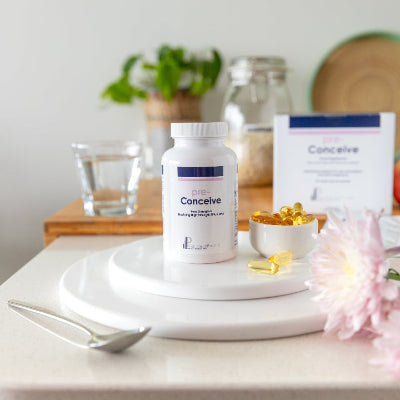What Are IUI and IVF?
Intrauterine Insemination (IUI):
A minimally invasive fertility procedure where specially prepared sperm is placed directly into the uterus during ovulation. It’s often paired with ovulation drugs like Clomid or letrozole to enhance success. Mayo Clinic
In Vitro Fertilisation (IVF):
A more advanced treatment involving ovarian stimulation, egg retrieval, laboratory fertilisation, and embryo transfer into the uterus. IVF allows for embryo selection, genetic testing, egg or sperm donation, and surrogacy. Mayo Clinic
Pros & Cons at a Glance
IUI
-
Less invasive and mimics natural conception more closely
-
Faster cycles, fewer clinic visits, lower costs and commitments
-
Lower success rates, multiple cycles may be needed
-
Increased chance of multiples when using ovulation drugs
IVF
-
Higher success rates and more control over embryo selection
-
Allows for genetic testing, donor gametes, and surrogacy
-
More invasive with injections, egg retrievals, and close monitoring
-
Higher costs and greater emotional burden
-
May feel rigid and less personalised
Who Might Lean Toward IUI?
IUI can be a suitable first-line option if you are:
-
Under 35 with unexplained infertility
-
Experiencing mild male factor infertility or cervical mucus issues
-
Seeking a simpler, more affordable, lower-burden treatment
When Is IVF Recommended?
IVF may be more appropriate if:
-
You’re over 35 or have diminished ovarian reserve
-
You have blocked fallopian tubes, severe male infertility, endometriosis, or genetic concerns
-
Previous IUI cycles have been unsuccessful
Supplements That Support IUI and IVF Success
Coenzyme Q10 (CoQ10): Supports mitochondrial function, improves egg and embryo quality, especially with lower ovarian reserve.
L-Arginine: Enhances uterine blood flow and promotes implantation.
Folic Acid (B9): Essential for DNA synthesis and foetal development. Recommended 400mcg/day.
Vitamin D: Supports hormonal balance and reproductive health. Low levels linked to poorer IVF outcomes.
Omega-3 Fatty Acids (DHA/EPA): Aid hormone regulation, reduce inflammation, and support egg, sperm, and implantation quality.
Zinc, Selenium, Vitamin E: Antioxidants and minerals that support egg quality, sperm health, and uterine environment.
Probiotics: Support gut health, which may positively influence hormone regulation and immunity.
Lifestyle Foundations for Fertility Success
-
Balanced diet: Whole foods, lean proteins, healthy fats, and vegetables
-
Moderate exercise, stress management, quality sleep
-
Avoid toxins: Limit smoking and alcohol
-
Individualised support: Work with fertility specialists, consider restorative medicine or nutritional therapy before moving straight to ART
Final Takeaway
Choosing between IUI and IVF depends on age, health, budget, and emotional readiness. IUI may be a suitable first step, while IVF often offers higher success for complex scenarios. Nutrition, lifestyle, and targeted supplements can meaningfully support both. Remember, ART is not a silver bullet. Restoring reproductive health should remain central to any fertility journey.


